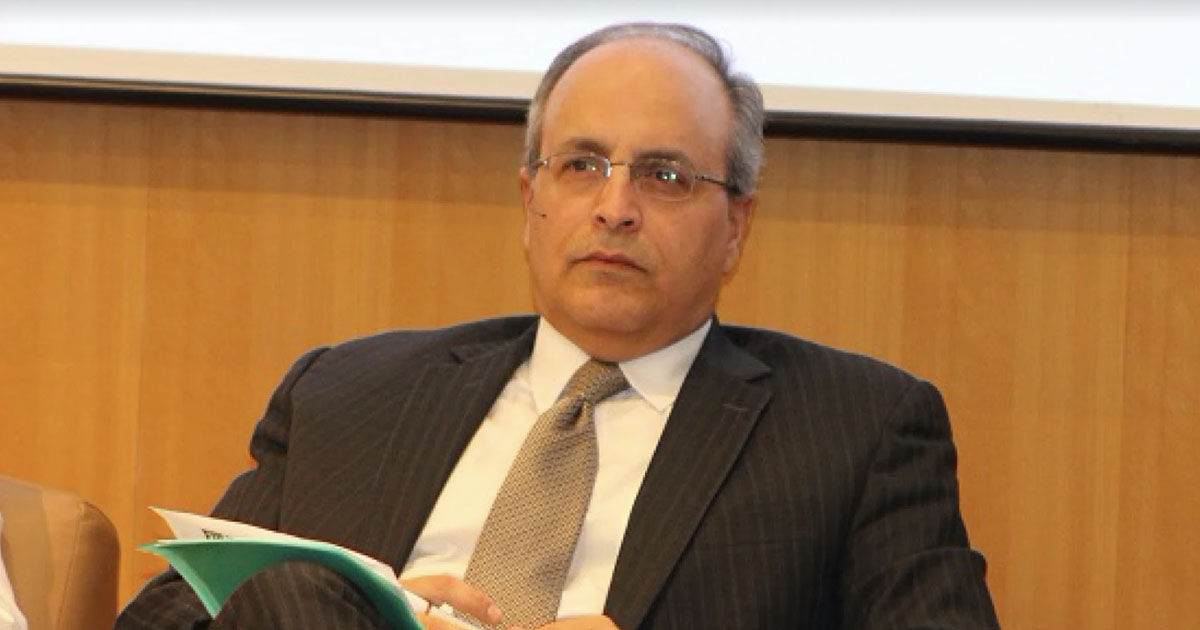
The Cuban-American Professor Frank O. Mora, Undersecretary of Defense during the Barack Obama administration, was confirmed this Wednesday as United States ambassador to the Organization of American States (OAS).
Mora's confirmation was held up by objections from Republican senators, including Cuban Americans Marco Rubio (Florida) and Ted Cruz (Texas), but it finally went to a vote in the Senate and achieved approval by a 51-45 majority.
The approval of Mora's position by the Senate was extended for a year and a half, after President Biden will nominate him as representative to the OAS in July 2021.
Mora must take the oath of office before President Biden to assume his responsibilities in the inter-American organization starting in January. Replaces the also Cuban-American Carlos Trujillo, who served as OAS ambassador since March 2018 until the end of the president's term Donald J. Trump.
As ambassador to the OAS, you will have a crucial role in the diplomatic management of the United States in the Western Hemisphere, including Cuba, at times of rise of left-wing governments and political and social upheaval in several countries in the region.
Mora did not answer calls from CyberCuba this Thursday to comment on its approval by the Senate.
"Frank Mora is a highly capable academic and a great expert on Latin America," he told CyberCuba Andy Gómez, Professor Emeritus at the University of Miami. "His confirmation is a very positive step, because it has finally been possible to grant that role to a person exceptionally prepared to coordinate the interests of the United States and the region in the OAS."
Gómez added as a significant element that one of the essential points of Mora's agenda is the issue of human rights in the countries of the hemisphere.
A prominent democratic personality, Mora accumulates a outstanding endorsement as a university professor and strategist in Latin American affairs and national security.
He is also considered an expert on relations between the United States and Latin America, Cuban politics and military affairs, and hemispheric political economy and integration.
Over the past 20 years, his professional and public contributions include work as an academic, consultant to the Library of Congress, advisor to the Institute for National Security Studies (INSS) and the Department of State, and government official.
He was a professor of National Security Strategy and Latin American Studies at the National War College of the National Defense University (2004-2009) and a professor in the Department of International Studies at Rhodes College (2000-2004).
He served as Deputy Secretary of Defense during the Obama administration (2009-2013) and received the Office of the Secretary of Defense Medal for Exceptional Public Service in 2012.
From 2013 to 2020, he returned to academic work as professor and director of the Kimberly Green Latin American and Caribbean Center at FIU.
When the Biden's election victory, was part of the presidential transition team since the end of 2020.
Among his books of historical analysis on Latin America are Neighborly Adversaries: U.S-Latin American Relations (2015); Paraguay and the United States: Distant Allies (2008) and Latin American and Caribbean Foreign Policy (2003).
He has a degree in International Affairs from George Washington University, and a Master's degree in Inter-American Studies and a Doctor in International Affairs from the University of Miami. He has also completed university studies in Peru and Costa Rica.
What do you think?
SEE COMMENTS (2)Filed in: